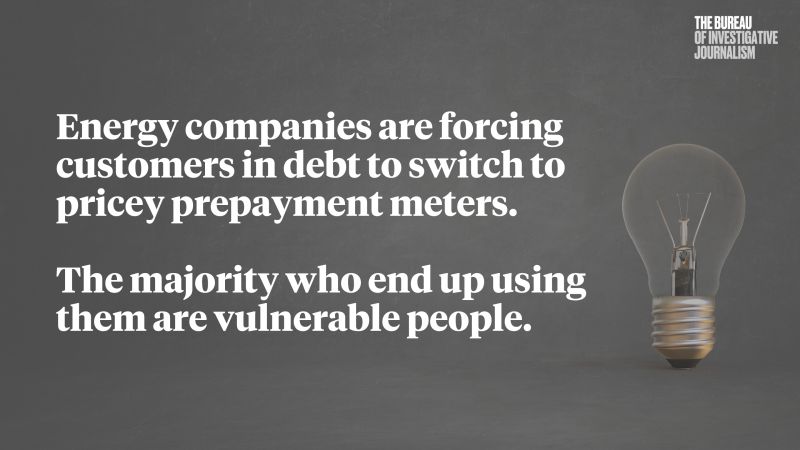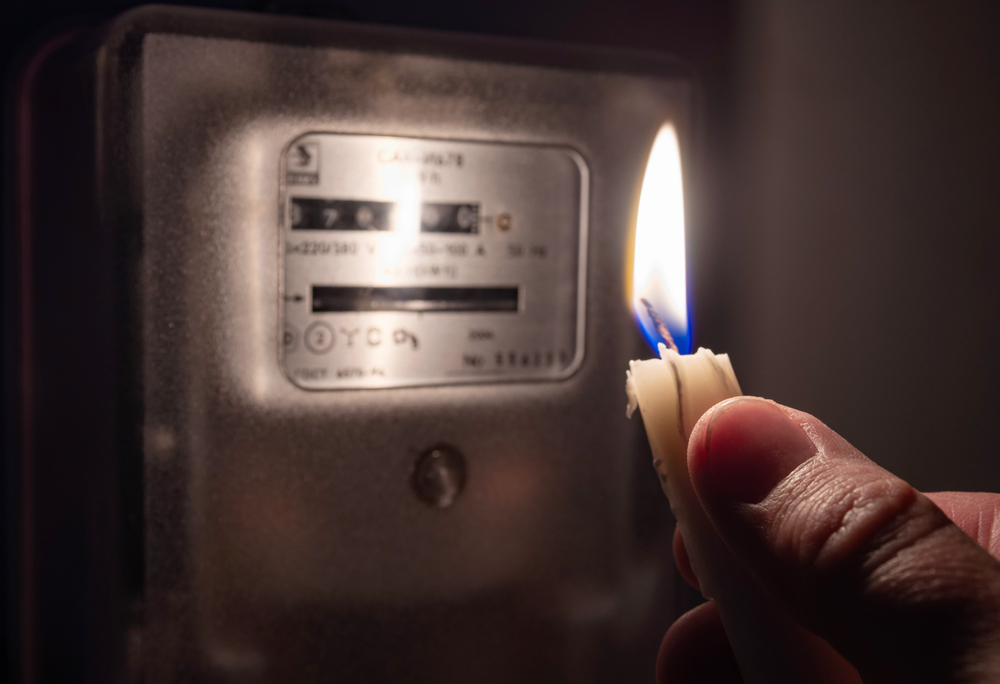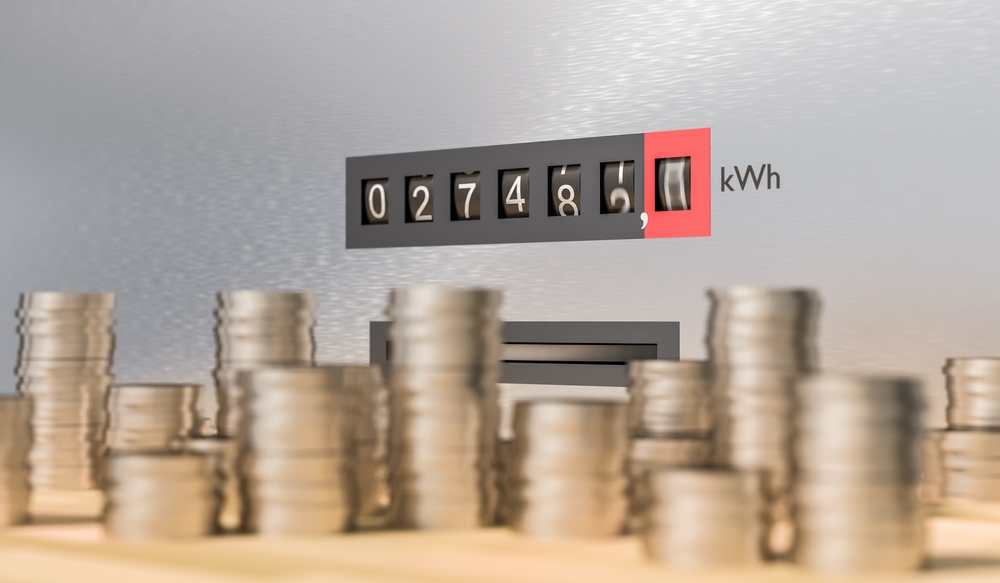The forced use of pre-payment meters (PPMs) is hitting smart meter customers, according to new data released under Freedom of Information rules. [1]
Almost two-thirds of smart meters switched to the more expensive “pre-payment” mode in the first half of 2022 were due to debt (48,062 households).
The figures, obtained by the Bureau of Investigative Journalism (TBIJ) and shared with the End Fuel Poverty Coalition, reveal that in 64.4% of cases, a smart meter was forced into a pre-payment mode as the customer was in debt to their energy firm.
Separate figures for the Warm This Winter campaign, reveal that 68% of smart pre-payment meter customers are vulnerable, with 58% having health conditions or disabilities. [2]
While the number of smart meter customers who have been “disconnected by the backdoor” is lower than for those on traditional PPMs, it is still estimated that 53% have drastically reduced their energy use in recent months and 35% now live in a cold damp home as a result. [3]
Overall, the data obtained by TBIJ also shows that 895,739 customers were in debt to their energy firm by the end of June 2022, before the winter price rises kicked in.
Pre-payment meters could cost customers in excess of £200 more for their energy this winter. Recent investigations by the media revealed that energy firms have secured almost 500,000 court warrants to install these traditional pre-payment meters in homes of customers in debt since the end of lockdown. Smart meters can be turned to pre-payment mode without a court warrant.
The End Fuel Poverty Coalition has called for a ban on the forced transfer of customers to all kinds of pre-payment meters. A spokesperson for the Coalition commented:
The new figures reveal the extent to which unscrupulous suppliers are forcing people onto more expensive tariffs by switching their smart meter remotely onto pre-payment mode.
Consumer groups and charities have long supported the roll out of smart meters as a way to help save energy and reduce bills, but these findings will undermine the programme going forward.
When customers in debt are on pre-payment tariffs they will repay their debts and also incur daily standing charges – on top of paying more for their energy at a higher unit cost. This can often lead to customers being “disconnected by the back door” as the cost of servicing debt and standing charges leaves them with no money for energy.
The End Fuel Poverty Coalition now advises any customers to check all messages from energy firms and if they are contacted about a pre-payment meter installation to contact the Good Law Project who are looking to challenge these transfers.
Jacky Peacock from Advice for Renters commented:
We are aware of some families who sign Agreements for the switch to PPMs without understanding what they are signing up for.
This affects people who are not fluent in English the worst, with many just thinking that this is a way to avoid big bills they cannot afford to pay.
Nobody from the energy industry explains that if they don’t constantly top up the meter to cover their debts and the ongoing standing charge as well as the energy they need, they could be left disconnected.
Ruth London from Fuel Poverty Action added:
MPs have recently told the Government that their constituents would die this winter – unable to access even light, a phone, hot water, or urgently needed medical equipment that depends on power.
They said they did not want to go home to a warm Christmas, leaving people who are ill or old to die in misery, or leaving children in the cold and dark.
They asked for at least a moratorium on this practice, which amounts to disconnection by the back door.
In response to the urgency of this crisis, the Minister promised to do absolutely nothing.
Graham Duxbury, Chief Executive of Groundwork UK:
Smart meters and pre-payment meters can be a great tool for people to take control of their energy use. In the current energy price crisis, however, forcibly switching people to pre-payment meters could have massively detrimental consequences, impacting on people’s physical and mental health.
Our Green Doctor energy advisers are seeing more and more households being switched to pre-payment meters because of relatively small debts.
The answer is not to drive people into greater hardship, but to provide more, and better coordinated, independent advice so that people can navigate a challenging winter without falling into crisis.
ENDS
[1] The Bureau of Investigative Journalism obtained the data through Freedom of Information requests to Ofgem. Data only available for Q1 and Q2 2022. Figures apply to England, Scotland and Wales only. The 46,082 households switched to smart meter PPM mode by suppliers in Q1 and Q2 2002 is more than the number switched to PPM mode in the whole of 2021 (43,072).
[2] 2,186 people interviewed between 20-21 December 2022. Results were weighted to be representative of the GB population. A vulnerable household is defined as having a child under 6, an adult over 65, a person who is disabled or with a long term health condition.
[3] Figures relate only to people on Smart PPMs, not legacy PPMs. 53% stat from previous research for Warm This Winter, which interviewed 2,198 people between 29-30 November 2022. Results were weighted to be representative of the GB population.




